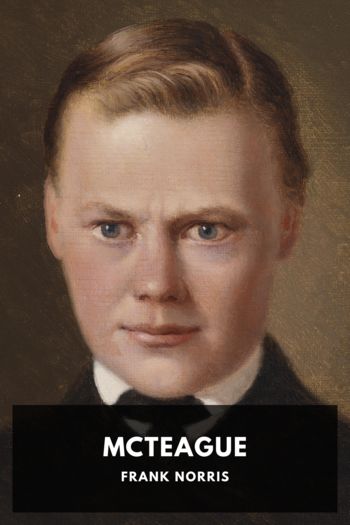author - "Frank Norris"

by the presence of certain immovable facts. Just what he wanted, Presley hardly knew. On one hand, it was his ambition to portray life as he saw it--directly, frankly, and through no medium of personality or temperament. But, on the other hand, as well, he wished to see everything through a rose-coloured mist--a mist that dulled all harsh outlines, all crude and violent colours. He told himself that, as a part of the people, he loved the people and sympathised with their hopes and fears, and joys and griefs; and yet Hooven, grimy and perspiring, with his perpetual grievance and his contracted horizon, only revolted him. He had set himself the task of giving true, absolutely true, poetical expression to the life of the ranch, and yet, again and again, he brought up against the railroad, that stubborn iron barrier against which his romance shattered itself to froth and disintegrated, flying spume. His heart went out to the people, and his groping hand met that of a slovenly little Dutchman, whom it was impossib

Description
McTeague is an enormously strong but dim-witted former miner now working as a dentist in San Francisco towards the end of the nineteenth century. He falls in love with Trina, one of his patients, and shortly after their engagement she wins a large sum in a lottery. All is well until McTeague is betrayed and they fall into a life of increasing poverty and degradation.
This novel is often presented as an example of American naturalism where the behavior and experience of characters are constrained by “nature”—both their own heredity nature, and the broader social environment.
McTeague was published in 1899 as the first of Norris’s major novels.

by the presence of certain immovable facts. Just what he wanted, Presley hardly knew. On one hand, it was his ambition to portray life as he saw it--directly, frankly, and through no medium of personality or temperament. But, on the other hand, as well, he wished to see everything through a rose-coloured mist--a mist that dulled all harsh outlines, all crude and violent colours. He told himself that, as a part of the people, he loved the people and sympathised with their hopes and fears, and joys and griefs; and yet Hooven, grimy and perspiring, with his perpetual grievance and his contracted horizon, only revolted him. He had set himself the task of giving true, absolutely true, poetical expression to the life of the ranch, and yet, again and again, he brought up against the railroad, that stubborn iron barrier against which his romance shattered itself to froth and disintegrated, flying spume. His heart went out to the people, and his groping hand met that of a slovenly little Dutchman, whom it was impossib

Description
McTeague is an enormously strong but dim-witted former miner now working as a dentist in San Francisco towards the end of the nineteenth century. He falls in love with Trina, one of his patients, and shortly after their engagement she wins a large sum in a lottery. All is well until McTeague is betrayed and they fall into a life of increasing poverty and degradation.
This novel is often presented as an example of American naturalism where the behavior and experience of characters are constrained by “nature”—both their own heredity nature, and the broader social environment.
McTeague was published in 1899 as the first of Norris’s major novels.